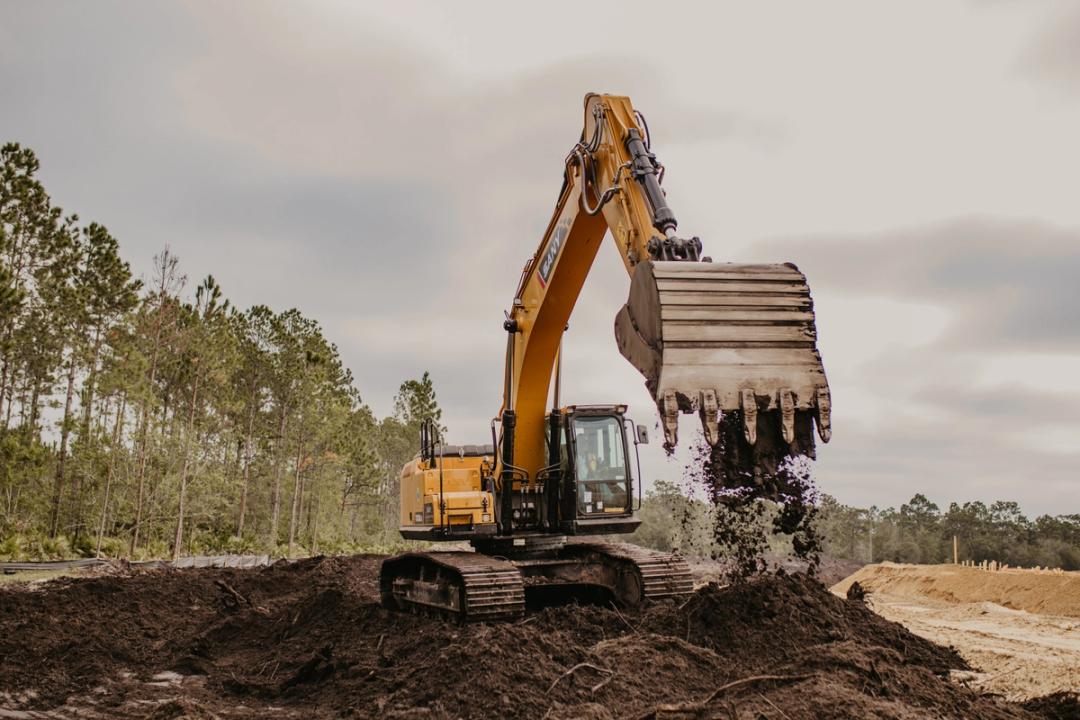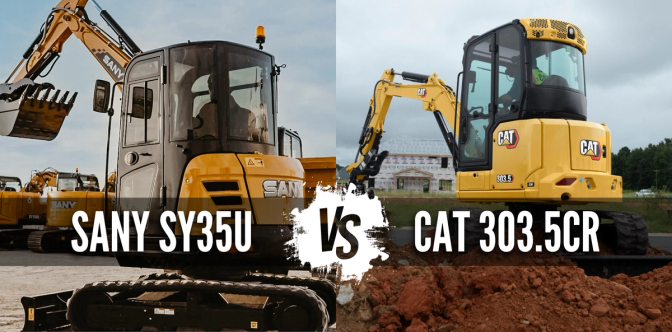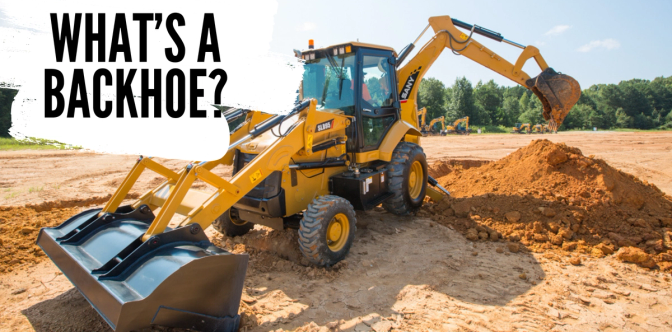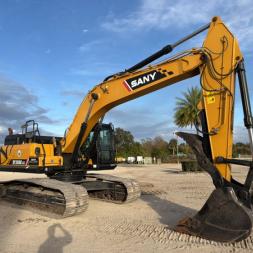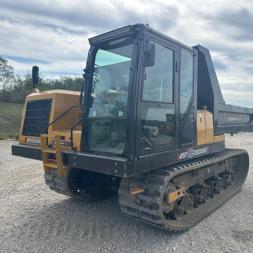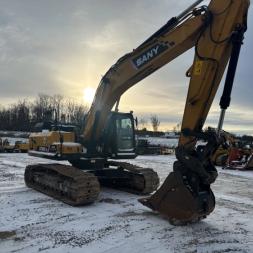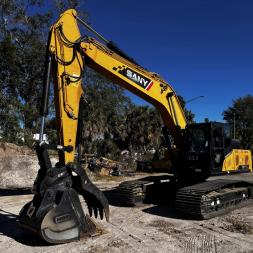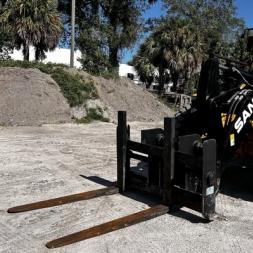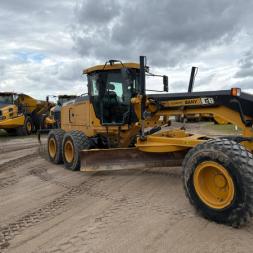Determine which machines you need
Nature of the Project
Duration of the Project
Machine Specifications
Research and Reviews
Safety and Compliance
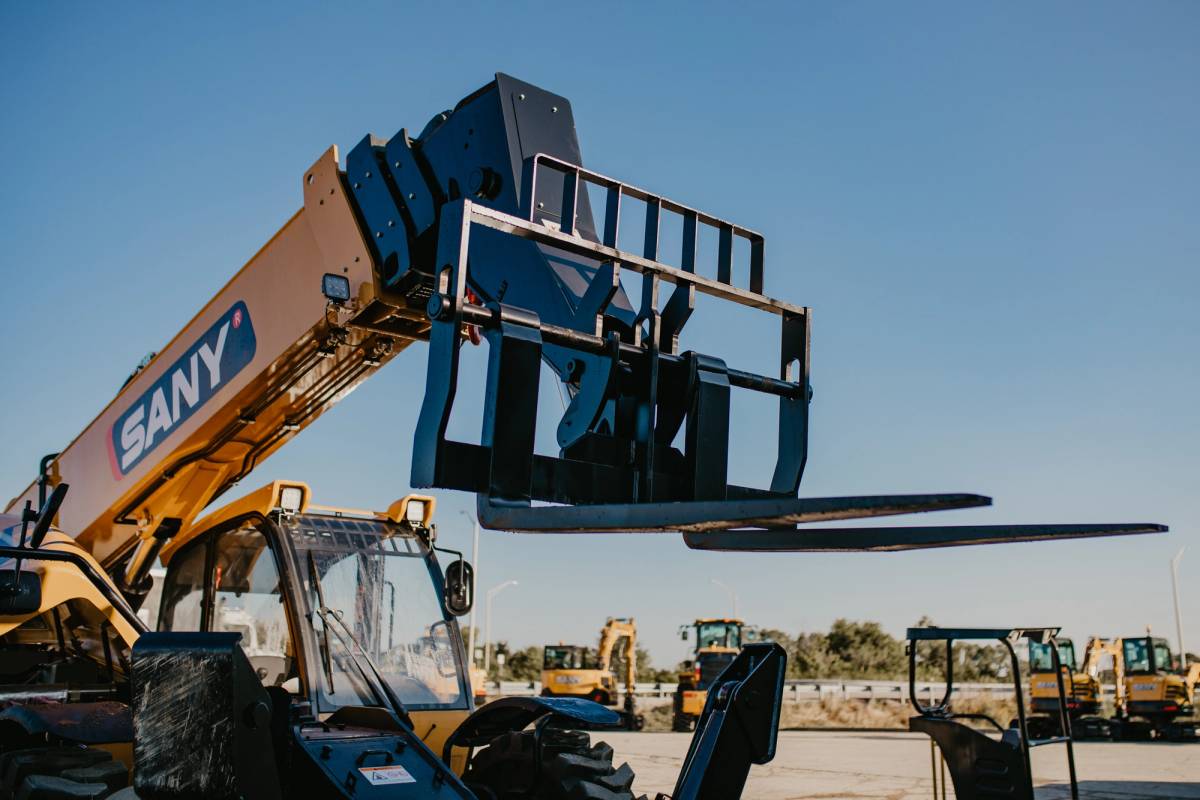
Read the rental agreement for full terms and conditions
Insurance
- Coverage: Does the rental company provide insurance? If so, what does their insurance cover? Does it only cater to damages to the machine, or does it extend to property damage or third-party injuries caused by the equipment?
- Your Responsibility: How much are you liable for in the event of damage? There might be a deductible or an amount up to which you're responsible before the insurance kicks in.
- Additional Insurance: Your current business insurance may cover equipment rentals. Check with your provider. If not, you might need additional coverage through the rental company or another provider.
Maintenance
- Routine Checks: Some rental agreements stipulate that the renter is responsible for daily or regular checks on fluid levels, tire pressure, and other routine inspections.
- Repairs: If there's a malfunction or breakdown, what's the protocol? Are you required to notify the rental company immediately, or can you conduct minor repairs on your own?
- Wear and Tear: Normal wear and tear is expected, but excessive wear might incur extra charges. Understand what the rental company considers " normal " to avoid surprises.
Delivery and Pick Up
- Delivery Costs: Ensure you're clear on these costs upfront. Some companies offer a flat fee, while others charge based on distance.
- Timeline: Know the expected delivery time. If the machinery arrives late, it can delay your project. Some contracts offer concessions or discounts for late deliveries.
- Pick-Up Protocol: What's the return process when you're done with the equipment? Do you need to clean it? Refuel it? Also, understand the costs or penalties associated with late returns (we’ll talk more about that later).
- Drop-Off Location: Some companies might allow for different drop-off locations, especially if they have multiple branches. This can be convenient and potentially reduce transport costs if your project moves sites.
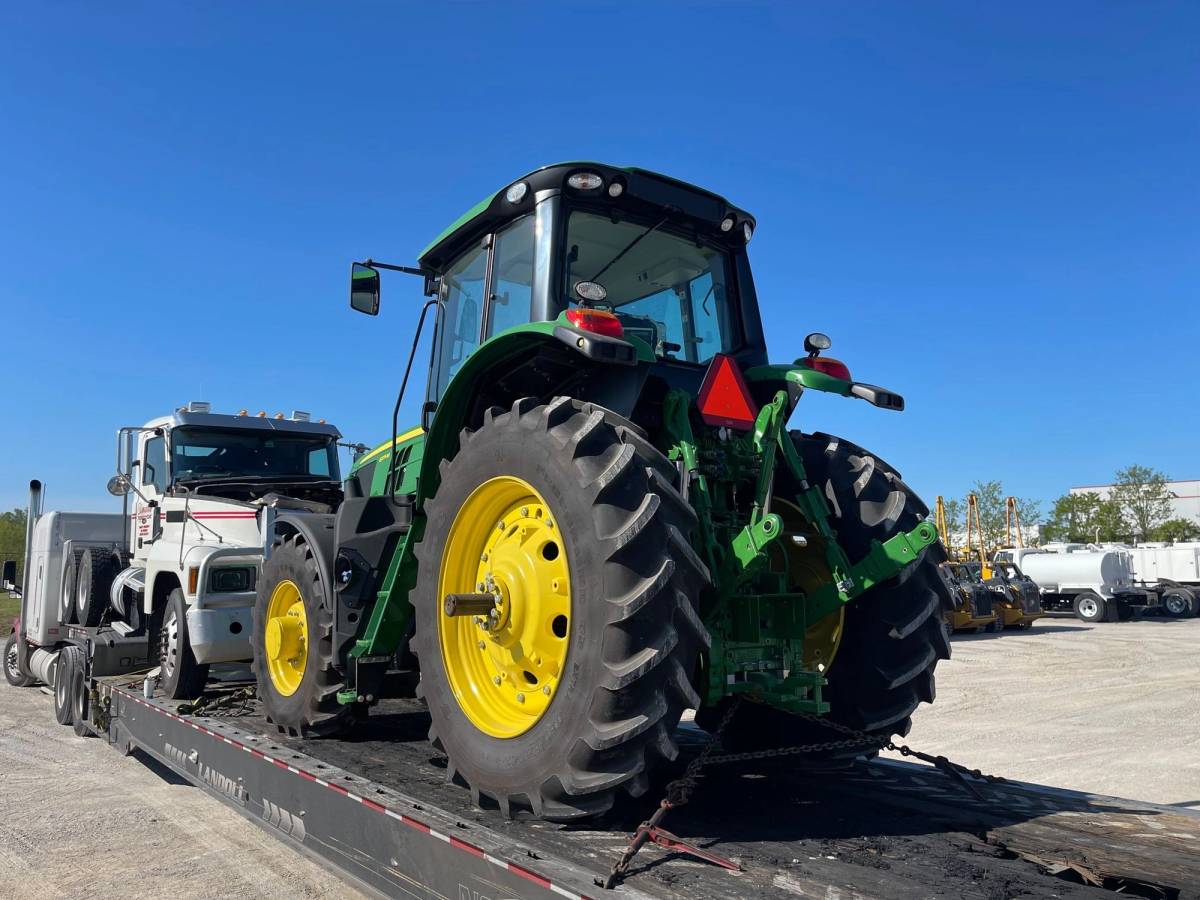
Inspect the Machine
Exterior Inspection
- Paint and Surface: Look for scratches, dents, or rust. These can indicate wear and tear or potential structural issues.
- Tires/Tracks: Examine the tires or tracks for wear. Ensure tires are properly inflated and look for any signs of damage or embedded objects.
- Attachments: If the machine comes with any attachments, make sure they are secure and in good condition.
Operational Test:
- Controls: Ensure all levers, switches, and controls are functioning correctly.
- Engine: Listen for any unusual sounds when starting and running the machine. Check for smooth transitions when changing speeds or directions.
- Brakes: Test the brakes to ensure they're responsive and effective.
- Lights and Indicators: If the machinery has lights or indicators, ensure they're operational.
Fluid Check
- Oil Level: Check the engine oil level and note its color. Dark or dirty oil can indicate the need for a change.
- Coolant: Ensure the coolant level is appropriate to prevent overheating.
- Hydraulic Fluid: For machinery like excavators, hydraulic fluid is critical. Check for appropriate levels and any signs of leaks.
Documentation
- Pre-Existing Damage: Ensure any damage or issues identified are documented before using the machine.
- Photographs: Taking photos can be a good practice. It provides a visual record of the machine's condition at the start and end of the rental period.
Safety Features
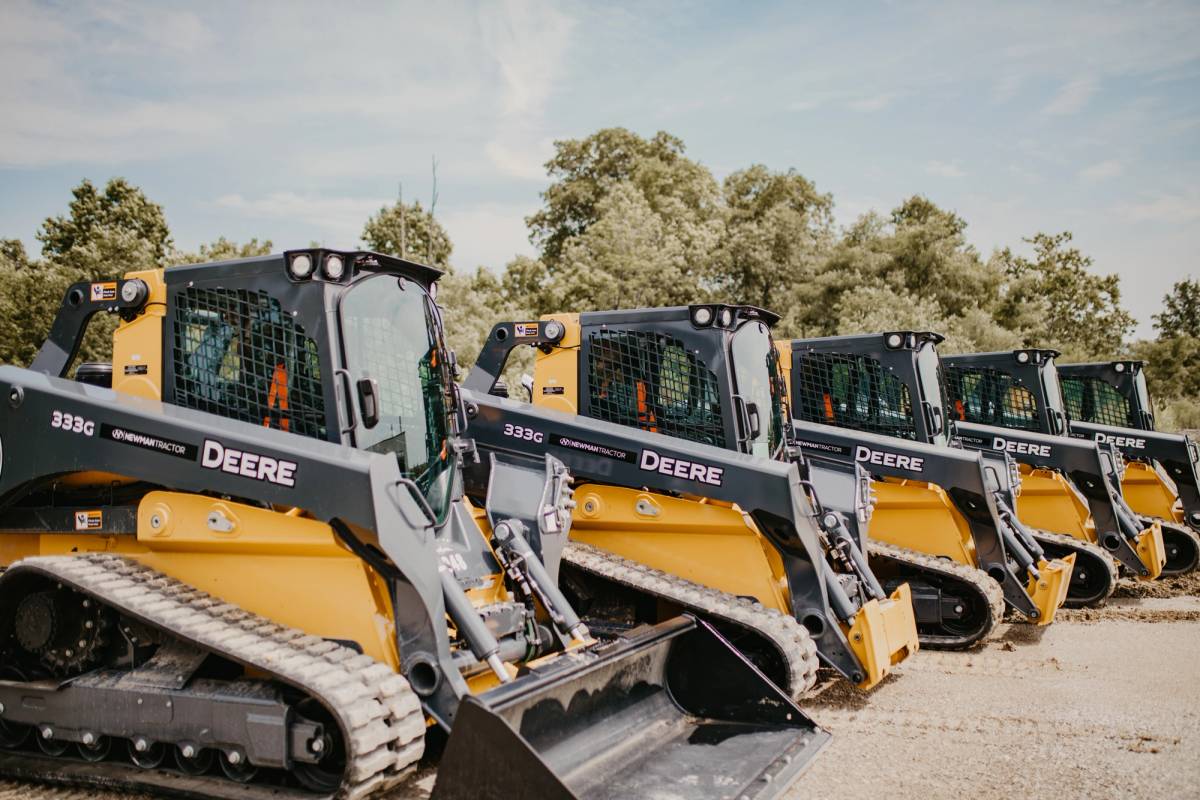
Secure Your Rental Equipment
Understand the Expenses
Deposits
Fuel
- Check if the machine needs to be returned with a full tank or if you're billed for the fuel used.
- Machines with better fuel efficiency can save costs in the long run.
- Ensure you know whether the equipment uses diesel, gasoline, or another type of fuel to avoid using the wrong one, which can lead to damage.
Storage
- On-Site Storage: If you're storing the equipment on the project site, consider security and protection measures, which might have costs.
- Off-Site Storage: In some cases, storing the equipment at a dedicated facility might be more efficient, especially between project phases. Check local storage rates.
Extra Fees
- Late Returns: If the equipment is returned after the stipulated time.
- Damages: Beyond normal wear and tear, any damage to the equipment will likely result in repair charges.
- Cleaning Fees: Some companies might charge a cleaning fee if the equipment is returned excessively dirty (so clean it before you return it).
- Cancellation Fees: There might be a cancellation fee if you cancel the rental after a certain point. This all depends on who you’re renting from.
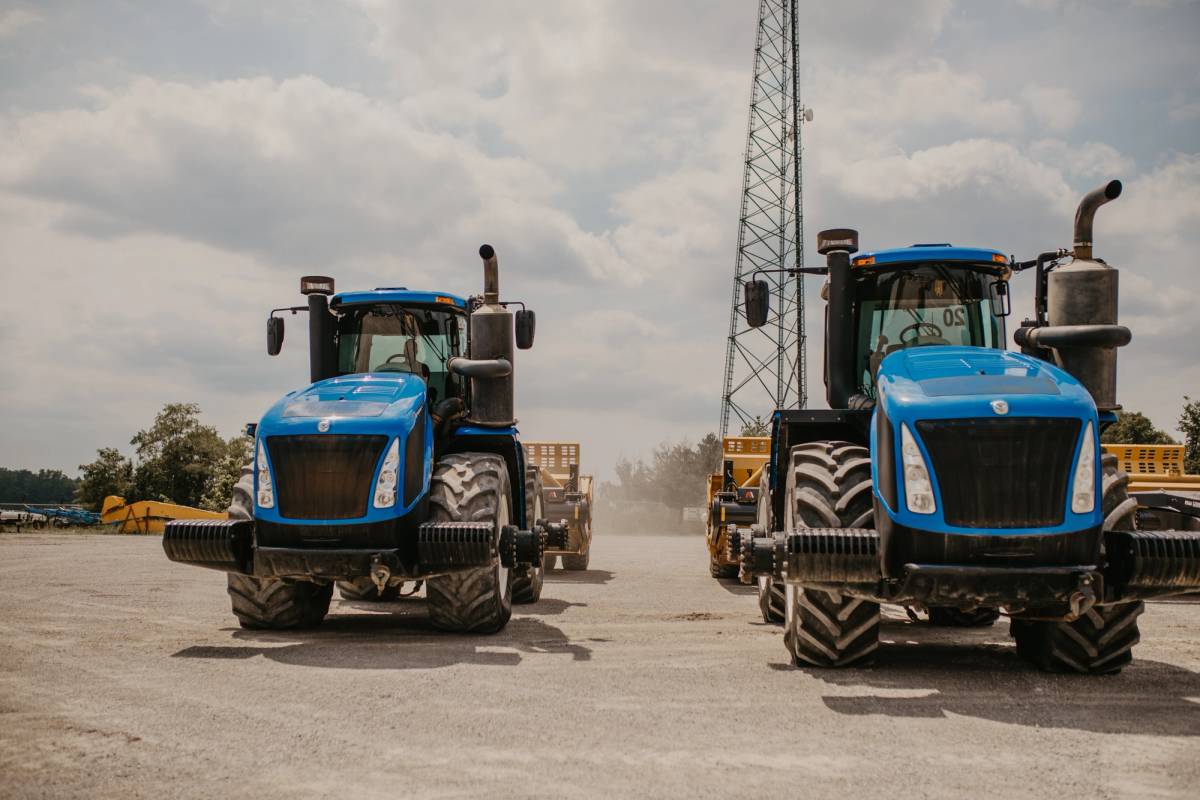
Ensure Emergency Support
Keep it in Good Condition
Routine Checks and Regular Maintenance
- Before starting the machinery, perform a routine check to ensure all parts are functioning correctly. Look for signs of wear, leaks, or any unusual noises.
- Regularly check fluid levels, such as oil, coolant, and hydraulic fluid.
- Depending on the rental duration, the machinery might require routine maintenance, like oil changes or replacing specific parts.
- Coordinate with the rental company on these tasks. They might handle them or provide guidelines on how you should proceed.
Cleanliness
- Dirt and debris can affect the performance and lifespan of machinery. Ensure the equipment is cleaned regularly, especially after tasks that expose it to dirt or mud.
- Make sure air filters are clean and replaced when necessary. This prevents the engine from straining and reduces wear.
Operate Properly
- Only trained and certified personnel should operate the machinery. Mishandling can lead to unnecessary wear and potential damages.
- Avoid overloading or pushing the equipment beyond its recommended capacity.
Stay Within Operating Parameters
Protect from the Elements
- Extreme weather conditions, whether intense sun, rain, or snow, can affect equipment. Whenever possible, store machinery in shaded or covered areas.
- For machinery sensitive to cold, consider using engine block heaters in freezing conditions.
Report Issues Promptly
Use Quality Consumables
Avoid Harsh Environments
End-of-Rental Check:
- Before returning the equipment, do a comprehensive check and cleanup. Ensure it's in the same condition as when rented, accounting for normal wear and tear.
- Address any minor repairs or cleaning to avoid potential additional fees from the rental company.
- Maintaining rented heavy equipment in good condition is in the best interest of your project. It ensures smooth operations, avoids unexpected repair costs, and builds trust with rental companies for future collaborations.
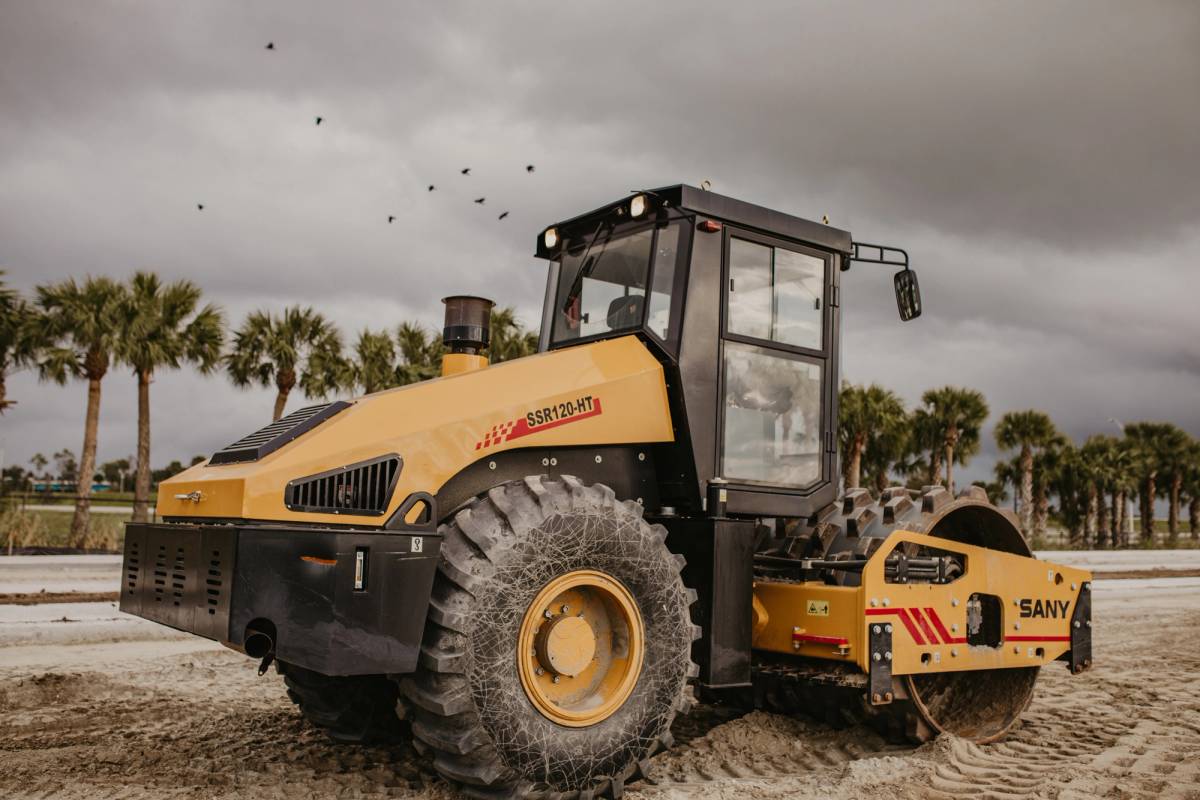
Extending Your Contract
Rental Purchase Options (RPO)
Why Consider RPO
- Flexibility: RPO allows businesses to decide if they want to own the equipment based on their evolving needs.
- Financial Benefits: If the equipment proves indispensable, the renter can buy it without starting from scratch, financially speaking.
- Trial Period: It offers a way to "test" equipment in real-world conditions before committing to a purchase. It’s a “try it before you buy it” situation.
Things to Consider
- Contract Clarity: Ensure that the terms of how much of the rent goes toward the purchase price are clear. This percentage can vary between contracts.
- Price Agreement: Some contracts stipulate the purchase price upfront, while others determine it based on market value at the time of purchase. Know what you're agreeing to.
- Duration: There might be a stipulated period within which you need to exercise the purchase option. Missing this window might mean forgoing the RPO benefits.
Comparison with Traditional Financing
- While RPO offers flexibility, comparing the total cost of purchasing through RPO with other financing options is essential. In some cases, traditional financing might be more cost-effective.
- Consider factors like interest rates, down payments, and the potential benefits of ownership versus renting.
Maintenance and Warranty:
Is It Worth It? Buying vs. Renting
| Buying | Renting | |
|---|---|---|
| Captial | Requires a significant initial investment. However, the equipment is yours once you've purchased it, adding to your company's assets. Financing options might also be available. | No significant initial investment is required. You'll typically pay a recurring fee, which can be easier on cash flow, especially for short-term projects. |
| Duration and Frequency of Use | Makes more sense if the equipment will be used regularly and for extended periods. Owning might be economical in the long run if you have ongoing projects or foresee consistent use. | Ideal for short-term projects or if the equipment is needed occasionally. |
| Maintenance & Repairs | Owners are responsible for all maintenance, repairs, and associated costs. This responsibility also means ensuring the equipment meets any regulatory standards. | Most rental agreements include maintenance, meaning the rental company is typically responsible for ensuring the equipment is in working order. |
| Depreciation | Equipment, like other assets, depreciates over time. While it can be used as a tax deduction, the machine's value will decline, impacting its resale value. | Renters don't have to worry about depreciation since they don't own the asset. |
| Flexibility | Once you own a piece of equipment, you're committed to it. Switching to a newer model or different machinery requires selling the current one and purchasing another. | Offers the flexibility to change equipment based on project needs. You can always rent the latest models or different machines as required. |
| Storage | You'll need storage solutions when the equipment is not in use, which can incur additional costs. | You return the equipment once the rental period ends, freeing up space. |
| Resale Value | If maintained well, equipment can be resold to recoup some of the initial investment. However, the resale market can be unpredictable, and prices might fluctuate. | There's no need to worry about resale as the asset isn't yours. |
| Total Cost of Ownership vs. Total Cost of Renting | Beyond the purchase price, consider maintenance costs, storage, insurance, transportation fees (equipment to haul around your equipment), and potential finance charges. | Consider the rental fee, potential damage charges, and any other associated fees. |
